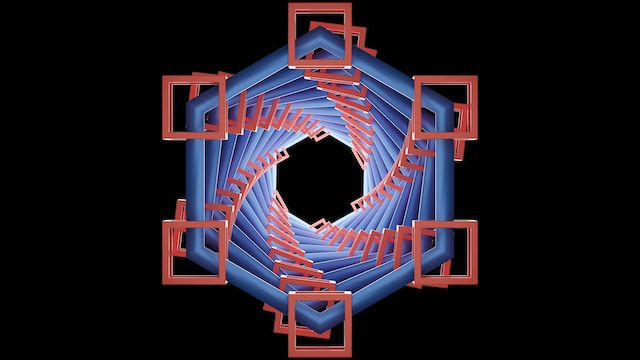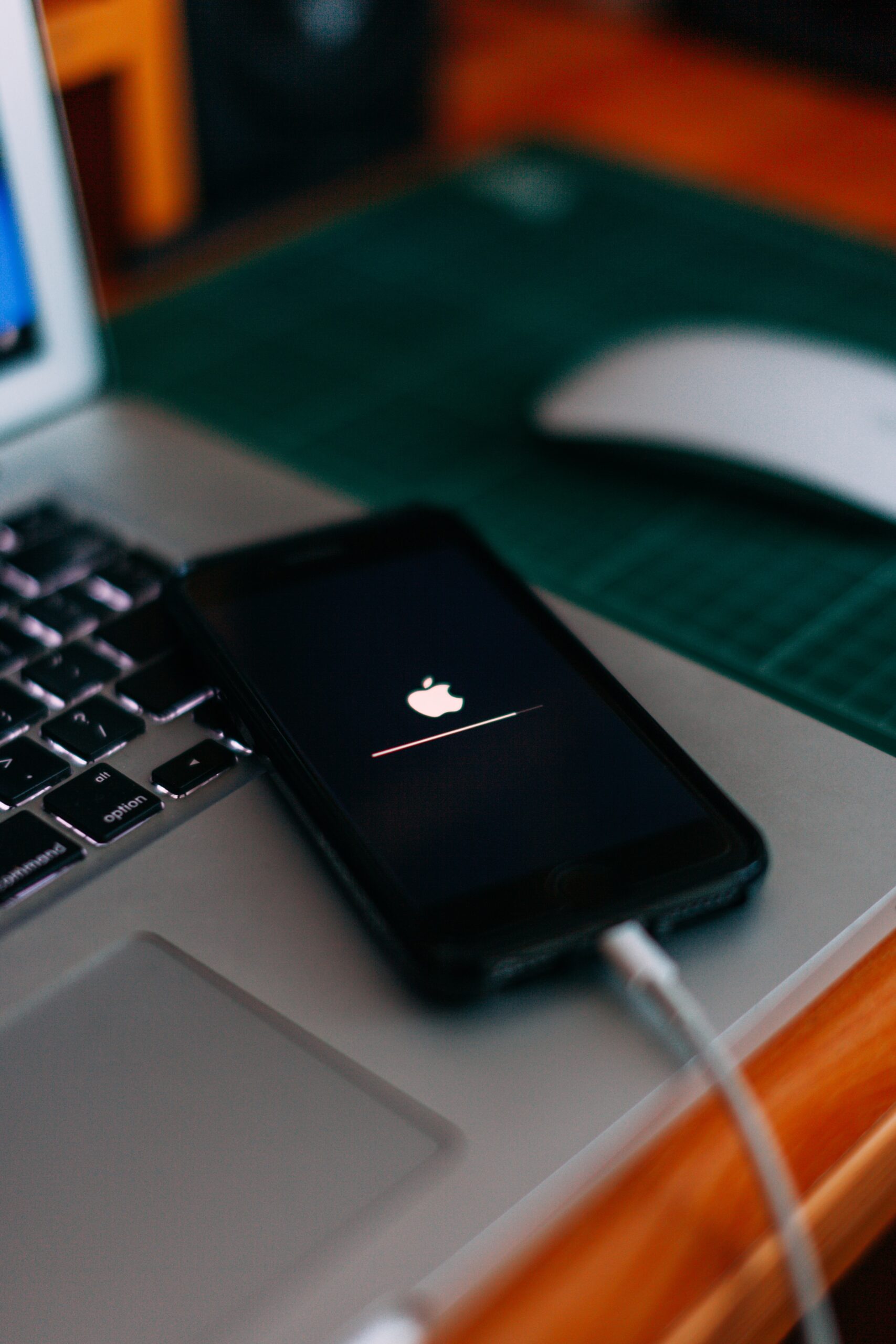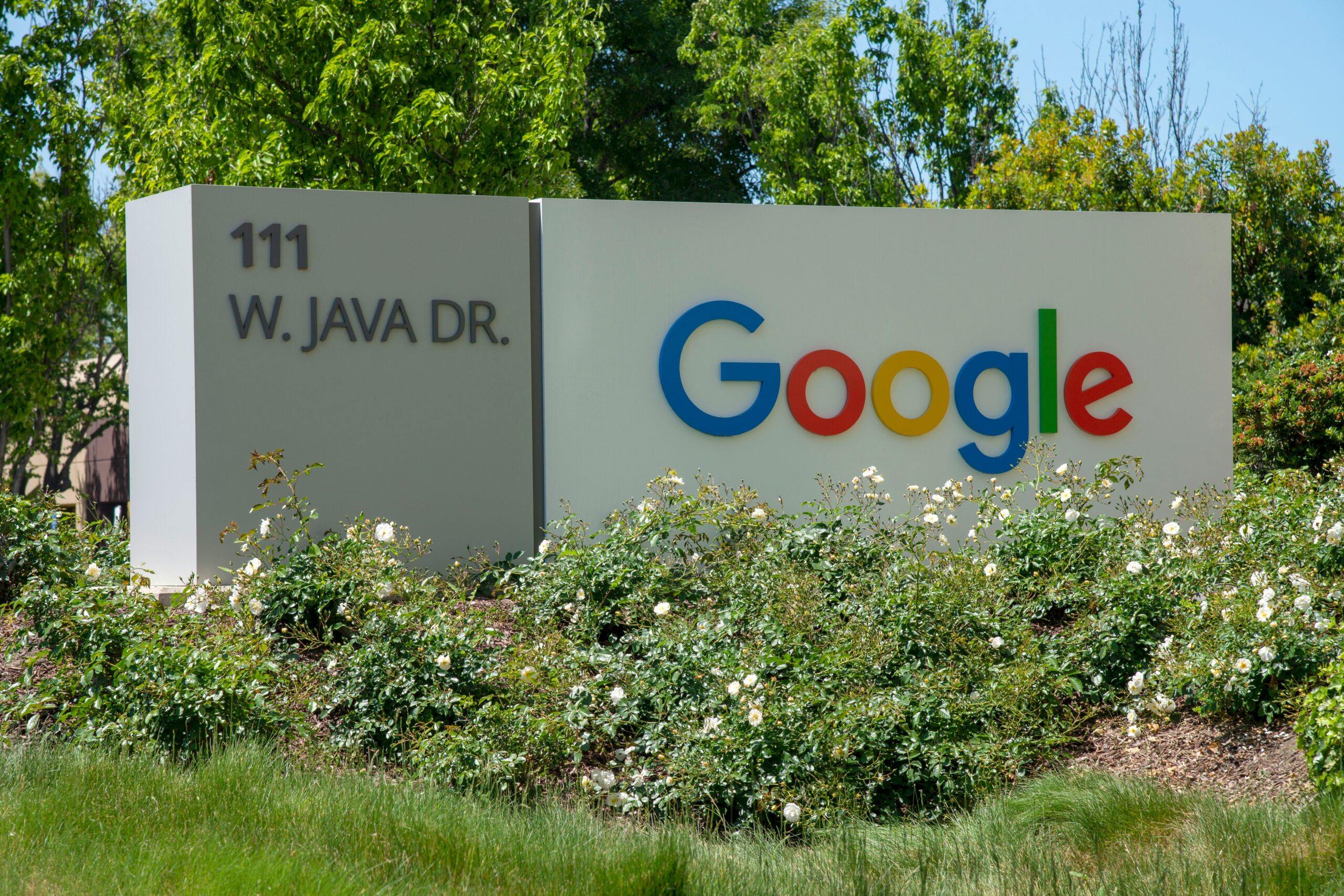Getting Started with Blockchain: A Beginner’s Tutorial

Blockchain technology has rapidly gained prominence as one of the most revolutionary and transformative innovations of the digital age. Originally designed as the underlying technology for cryptocurrencies like Bitcoin, blockchain has evolved to find applications in various industries beyond finance. If you’re a beginner eager to understand the fundamentals of blockchain, this tutorial is designed to guide you through the basics and help you embark on your journey into this exciting and decentralized world.
Understanding the Basics
- What is Blockchain?At its core, a blockchain is a distributed and decentralized ledger that records transactions across a network of computers. Each transaction, or “block,” is linked to the previous one, forming a chain. The decentralized nature ensures that no single entity has control, making it tamper-resistant and secure.
- Decentralization and Consensus Mechanisms Decentralization is a key feature of blockchain. Traditional systems rely on a central authority, but blockchain operates on a peer-to-peer network. Consensus mechanisms, such as Proof of Work (used by Bitcoin) and Proof of Stake, ensure agreement among nodes on the state of the ledger.
Getting Started
- Choosing a Blockchain PlatformThere are several blockchain platforms available, each with its own features and use cases. Bitcoin and Ethereum are two well-known examples, with Bitcoin focusing on peer-to-peer transactions and Ethereum enabling smart contracts. Research and choose a platform that aligns with your goals.
- Setting Up a WalletTo interact with a blockchain, you need a digital wallet. Wallets store private keys, which are essential for accessing and managing your cryptocurrencies. Wallets can be hardware-based, software-based, or even web-based. Ensure you choose a reputable wallet that prioritizes security.
- Obtaining CryptocurrencyCryptocurrencies are often used as the native tokens on blockchain networks. You can obtain them through exchanges by trading traditional currencies or other cryptocurrencies. Bitcoin, Ethereum, and other popular cryptocurrencies are widely traded on various platforms.
Exploring Blockchain Applications
- Smart ContractsSmart contracts are self-executing contracts with the terms of the agreement directly written into code. They automate and enforce the execution of contractual agreements, reducing the need for intermediaries. Ethereum is a prominent platform for developing and deploying smart contracts.
- Decentralized Applications (DApps)DApps are applications that run on a blockchain network rather than a centralized server. They leverage the security and transparency of blockchain while providing users with control over their data. Explore existing DApps or consider building your own to understand the practical applications of blockchain.
Security Considerations
- Security Best PracticesUnderstanding and implementing security best practices is crucial in the blockchain space. This includes safeguarding your private keys, using reputable wallets and exchanges, and staying informed about potential threats and vulnerabilities.
- Public vs. Private BlockchainsRecognize the distinction between public and private blockchains. Public blockchains, like Bitcoin and Ethereum, are open to anyone, while private blockchains are restricted to a specific group or organization. The choice depends on the nature of your project and the level of decentralization required.
- Staying Informed
Blockchain technology is continuously evolving. Stay informed about updates, new projects, and emerging trends by following reputable sources, forums, and community discussions. Engage with the blockchain community to enhance your knowledge and understanding.
Conclusion
Embarking on your journey into the world of blockchain may seem daunting at first, but with a solid understanding of the basics, a secure wallet, and a willingness to explore, you’ll find yourself well-equipped to navigate this transformative technology. Remember to stay curious, keep learning, and embrace the decentralized future that blockchain promises.




